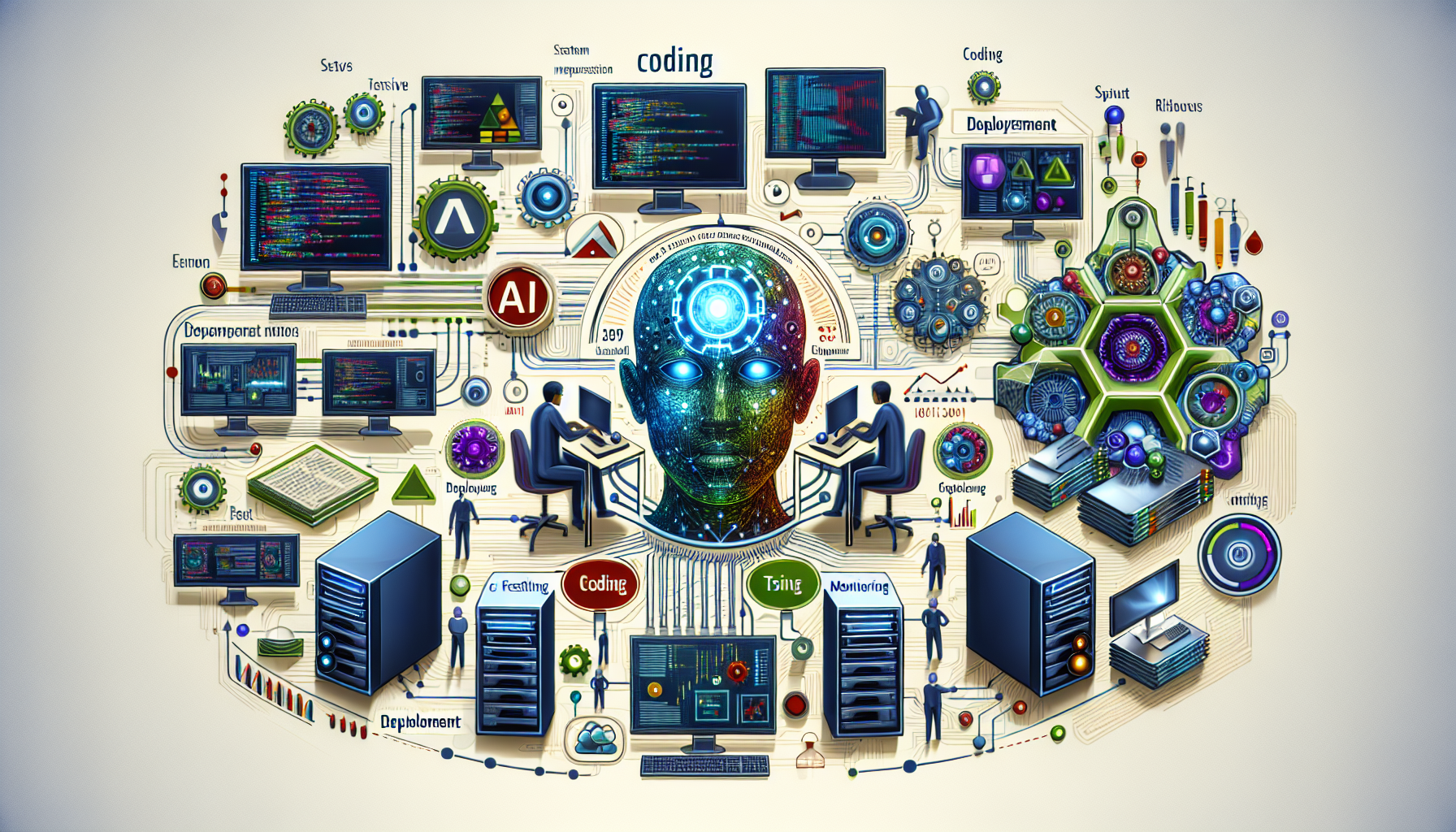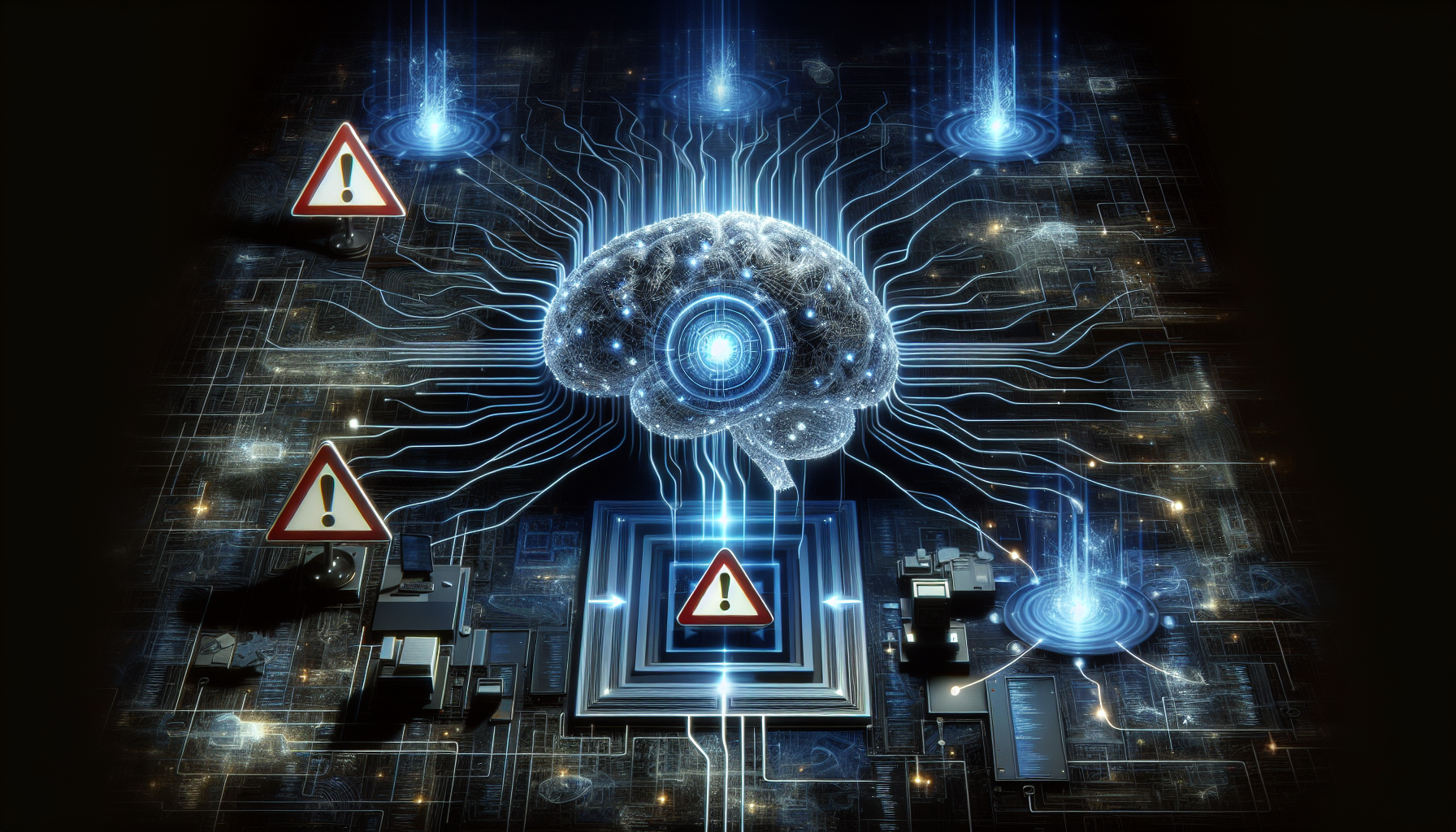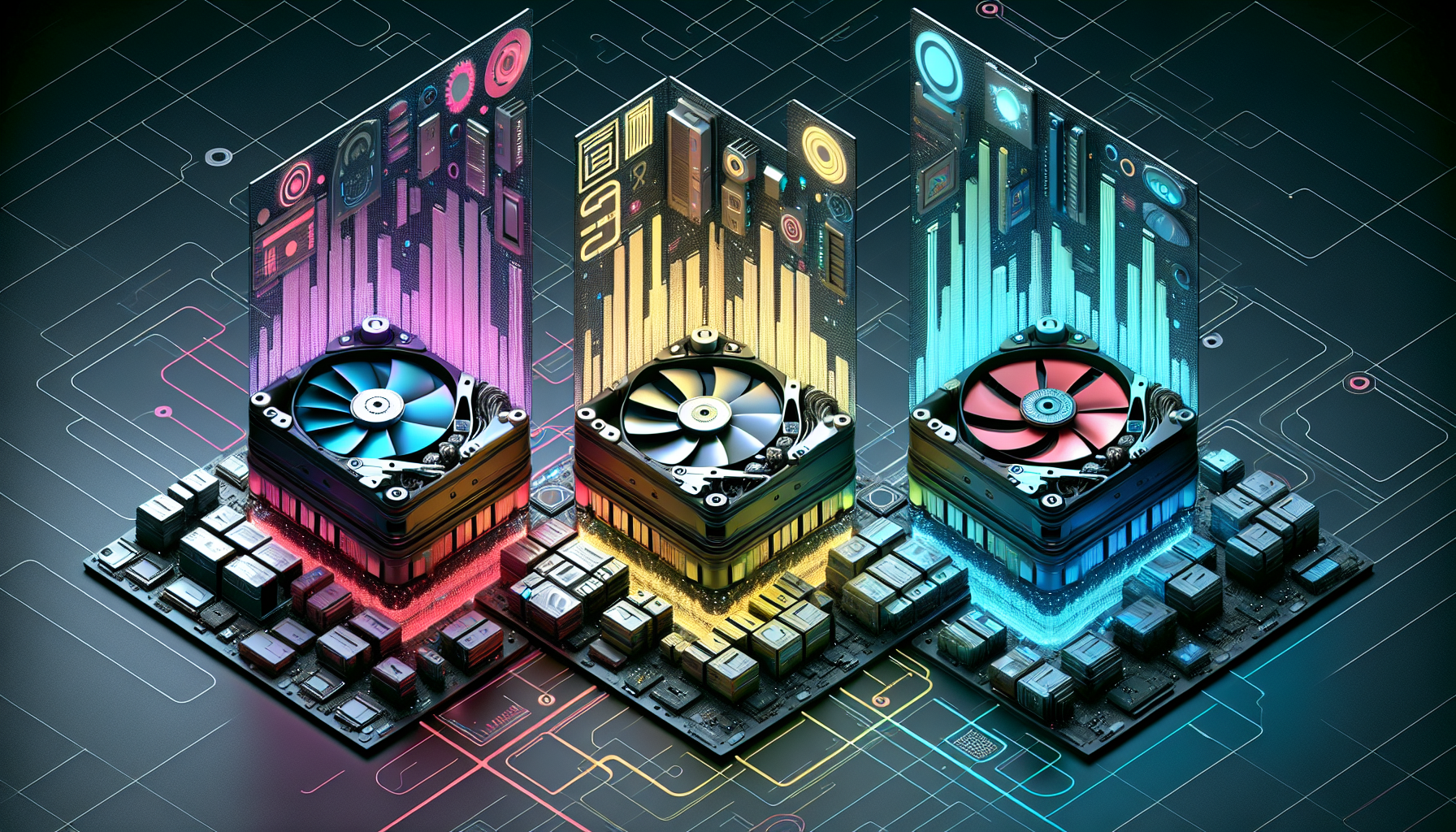The Role of Artificial Intelligence in Optimizing DevOps Workflows: From Code Deployment to Monitoring
Artificial Intelligence (AI) is transforming various industries, including software development and operations. In the context of DevOps, AI helps automate and optimize processes ranging from code deployment to monitoring, thereby increasing efficiency, reducing errors, and improving overall software quality. This blog post will explore how AI is used across different stages of the DevOps lifecycle to enhance productivity and system reliability.
AI in Code Deployment
Automated Code Reviews
AI tools can automatically review code to identify issues that humans might miss. They assess code quality, security vulnerabilities, and performance bottlenecks.
Example: AI-assisted Code Review Tool
# Example Python script using an AI-assisted code review API
def review_code(source_code):
# Assume we're using an AI-powered API named CodeChecker
response = CodeChecker.analyze(source_code)
if response['errors']:
return "Code has errors: " + ", ".join(response['errors'])
else:
return "Code is clean"
AI in Continuous Integration and Deployment (CI/CD)
Predictive Analytics
AI models can predict the success rate of builds or deployments based on historical data. This allows teams to preemptively fix potential failure points before they affect the production environment.
Dynamic Resource Allocation
Using machine learning algorithms, AI can dynamically allocate resources to CI/CD pipelines based on the workload and pipeline metrics, enhancing efficiency and reducing costs.
AI in Infrastructure Management
Autonomous Operations
AI enables infrastructure to self-manage, adjusting configurations automatically based on real-time performance data.
Proactive Anomaly Detection
Advanced algorithms monitor applications and infrastructure to detect and alert on unusual behaviors or potential issues before they lead to system failure.
AI in Monitoring and Observability
Intelligent Alerting Systems
AI-driven monitoring tools can analyze vast amounts of operational data to determine what is truly critical, reducing alert fatigue among DevOps teams.
Root Cause Analysis
AI helps in quickly identifying the root cause of an issue within a complex system, significantly shortening the mean time to resolution (MTTR).
Conclusion
The integration of AI into DevOps workflows represents a significant stride towards more autonomous and efficient development processes. By automating routine tasks and predicting potential issues, AI allows developers and operations teams to focus on more strategic activities and innovation. As technology continues to evolve, the scope and capabilities of AI in DevOps are expected to expand, further revolutionizing the field.




